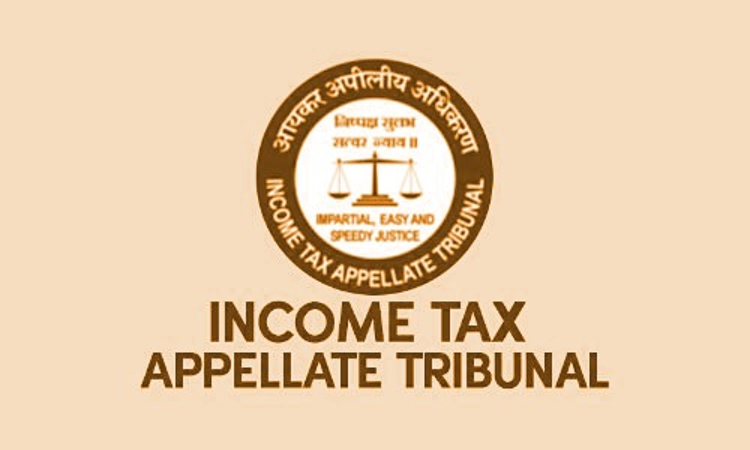Non-Deduction of TDS At The Year End As The Amount Payable Was Not Identifiable: Penalty not justifiable- ITAT
Mariya Paliwala
22 March 2022 6:09 PM IST

Next Story
22 March 2022 6:09 PM IST
The Delhi Bench of the Income Tax Appellate Tribunal (ITAT), consisting of Kul Bharat (Judicial Member) and R.K. Panda (Accountant Member), upheld the CIT(A) order, holding that the mere fact that taxes were not deducted on the year end provision but were deducted and deposited upon crystallisation of liability to pay the expenses does not automatically justify the imposition of a...
